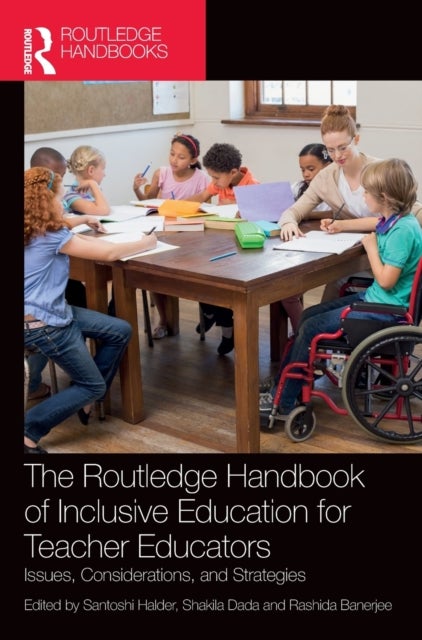
The Routledge Handbook of Inclusive Education for Teacher Educators
2599,-
<P>This handbook provides foundational, conceptual, and practical knowledge and understanding of inclusive education and special needs education. It highlights the need for preparing special educators and teachers for inclusive classrooms to effectively cater to the needs of students with diverse needs in various low-, middle-, and high-income countries globally. It demonstrates various evidence-based and practice-based strategies required to create classrooms inclusive of diverse learners. While tracing the historical trajectory of the foundational underpinnings, philosophical bases, and crucial issues associated with inclusive education, this book presents a future roadmap and pathways through case instances and in-depth discussions to share with educators how they can strengthen their bases and make learning more inclusive in their context. It also provides an overview of the different models of assessment and their applications in the analysis of children in inclusive classroom set








